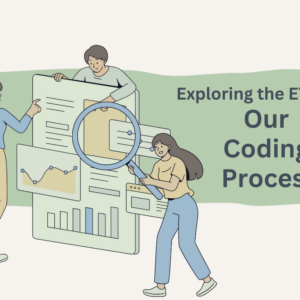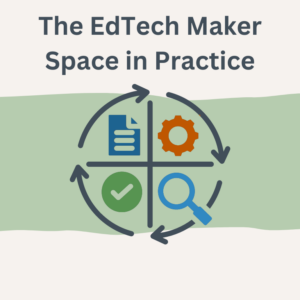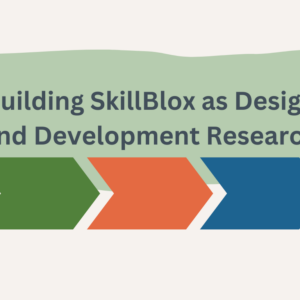By 21CLEO Research Team
A year has passed since we kicked off the 21CLEO project. The 21CLEO research project responds to the need for employers, educators and policy makers to better understand the characteristics of an effective learning ecosystem that engages frontline service workers in opportunities to learn through technologies that support development of the skills necessary to succeed in the 21st century workplace. All stakeholders need information that includes the perspective of the working learner, an important agent in the 21st century learning ecosystem. In this post, we recap our experiences, accomplishments, and challenges. We hope that by reviewing the past year, we can provide a sense of where we’ve been and set the stage for things to come.
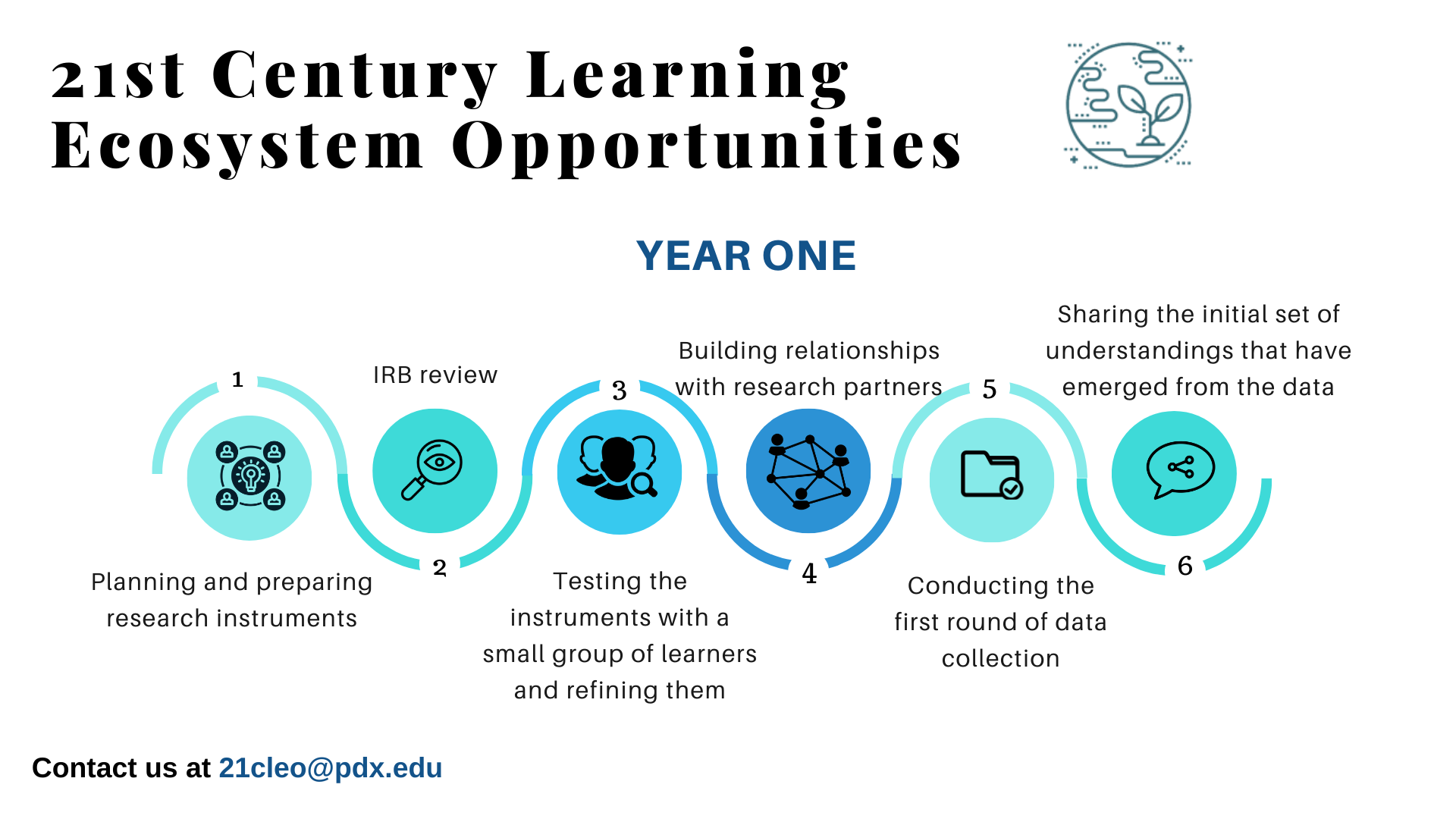
As you can see in the outline below, here is how we progressed through our first year:
A review of the field. We began our work with a landscape and literature scan, reviewing what others have written about employer sponsored learning. This blog, the 21C Lens, has been our conduit for sharing our synthesis of our field review, and we will continue to do so as we keep reading and learning. If you haven’t had a chance to read these yet, we invite you to do so.
|
21C Lens Blog Posts: Introducing the 21 CLEO Project 21CLEO Research: Paving the way forward Field Literature Review Process Learning Opportunities Available to Frontline Workers |
Data collection and analysis. Our data collection involved conducting semi-structured interviews or focus groups with 26 individuals at five different sites, including frontline service workers, managers, supervisors, employers, and educators and educational organizers. We also observed working learners in class.
As a team, we’ve started the analysis process, which involves transcribing those interviews, using a research software program to make sense of that data using a tagging system, and figuring out what the data are showing us. Right now, we are using our current data sets to clarify who else we need to interview and to hone our interview questions. As we develop our findings, we’ll be sharing through this blog as well as in conference presentations and papers.
Sharing our work. In addition to our blog posts in the 21C Lens, we’ve shared our work through conversations and presentations at numerous conferences and meetings. The conference sessions are essential for keeping us aligned with a cornerstone of our study: to build a community of inquiry in support of quality employer-supported learning for front line service workers. The questions and discussion at each conference help shape the priorities and trajectory of the study. You can follow @WorldEdUS on Twitter to see where we are presenting our findings in 2020.
Building a community of inquiry. As with any research project, we face challenges. But one of the strengths of the 21CLEO project 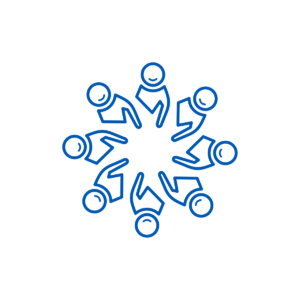 is that we have a community of inquiry that is helping us work through those challenges. In the past year, we’ve had over 25 conversations with various individuals and organizations, and we are so grateful to those who have met with us to share their thinking and to help us move forward. Every conversation enriches our thinking and provides new opportunities. This community of inquiry includes community and technical colleges, workforce development organizations, employers, and adult basic education programs.
is that we have a community of inquiry that is helping us work through those challenges. In the past year, we’ve had over 25 conversations with various individuals and organizations, and we are so grateful to those who have met with us to share their thinking and to help us move forward. Every conversation enriches our thinking and provides new opportunities. This community of inquiry includes community and technical colleges, workforce development organizations, employers, and adult basic education programs.
Meeting with expert advisors. As our year of planning and initial data collection and analysis came to an end, we brought what we learned to a group of expert researchers with deep expertise in adult learning and literacy to gain their advice for the next phases of research. This advisory group consisted of Steve Reder (Portland State University), Kathleen Hinchman (Syracuse University), and Erik Jacobsen (Montclair State University). We were fortunate to be able to spend a day with these individuals. We are continuing to think about the rich conversation we had with them and to use that conversation as a springboard for our work in the forthcoming year. What we’ve learned this first year has helped us to learn important lessons that will become the foundation for our work over the next two years.
Sharing initial insights. For now, we will share a few hints from this first year. Our emerging insights will be the focus of upcoming blog posts.
- Complexifying our understanding of the working learner. There is no single description of the working adults who are participating in employer supported learning opportunities. The working learners we interviewed have very diverse goals, life experiences, and motivations.
- Agency. Working learners make strategic decisions about learning opportunities, trying to determine where to spend their limited time and energy compared to the benefit offered.
- Independent learning. We noticed that learners are busy working and taking care of families, so they seek out opportunities to learn where and when time allows. For example, we interviewed a learner who watches English language learning videos on YouTube while she is washing dishes at work in a fast food restaurant.
As we move more deeply into data collection in new sites, we will expand and enrich our understanding of these initial insights and add to the list. We hope that you’ll be reading along as we do. You can check the 21C Lens blog for more updates from the 21CLEO team, or subscribe to our newsletter to get new findings right in your inbox.


